Wernicke-korsakoff Syndrome Is Associated With The Decreased Absorption And Utilization Of
Wernicke-korsakoff syndrome is associated with the decreased absorption and utilization of. The most common social factor associated with Wernicke-Korsakoff syndrome is chronic alcohol abuse leading to decreased absorption and utilization of thiamine. Studies indicate that there may be some genetic predisposition for the disease. Wernicke-Korsakoff Syndrome Causes and Risk Factors In many cases the lack of vitamin B1 is caused by heavy long-term alcoholuse.
Alcohol reduces the absorption of thiamine by the body diminishes stores of thiamine in the liver and hampers the activity of the enzyme that converts thiamine into an active state. Diet and lifestyle are the two main risk factors associated with WKS. Over time alcohol affects how well your body absorbs stores.
Alcoholism affects thiamine uptake and utilization. Also Wernicke-Korsakoff syndrome is associated with the decreased absorption and utilization of vitamin B1. The cause of Wernicke-Korsakoff syndrome is a deficiency of thiamine or vitamin B1.
In the United States the majority of causes occur in alcoholics. Pellagra results from a deficiency of which vitamin. Signs and Symptoms of Wernicke-Korsakoff Syndrome.
However it is important to note that there are nonalcoholic causes of thiamine deficiency which can also produce Wernicke-Korsakoff syndrome. Korsakoff amnesia is a late neuropsychiatric manifestation of Wernicke encephalopathy with memory loss and confabulation. As you might suspect younger alcoholics respond better than older ones.
Thiamine deficiency is characteristically associated with chronic alcoholism. The most common social factor associated with Wernicke-Korsakoff syndrome is chronic alcohol abuse which leads to decreased absorption and utilization of thiamine. Ophthalmologic examination showed decreased visual acuity upbeat nystagmus diplopia and retinal hemorrhage.
What are the symptom of pellagra. What is associated with the decreased absorption and utilization of thiamine.
However it is important to note that there are nonalcoholic causes of thiamine deficiency which can also produce Wernicke-Korsakoff syndrome.
Alcoholism affects thiamine uptake and utilization. We report a relatively rare case of Wernicke-Korsakoff syndrome with ophthalmic symptoms induced by hyperemesis gravidarum. The syndrome is actually two separate conditions that can occur at. In addition the major risk factors for developing WKS are chronic alcohol abuse and malnourishment. Wernicke-Korsakoff syndrome is caused by a deficiency of thiamine vitamin B1. If a pregnant women has symptoms of severe vomiting along with other ocular findings such as retinal hemorrhage or restricted extraocular movement one must suspect the diagnosis of Wernicke-Korsakoff syndrome. As you might suspect younger alcoholics respond better than older ones. Wernicke-Korsakoff syndrome WKS is a type of brain disorder caused by a lack of vitamin B-1 or thiamine. Studies indicate that there may be some genetic predisposition for the disease.
The most common social factor associated with Wernicke-Korsakoff syndrome is chronic alcohol abuse which leads to decreased absorption and utilization of thiamine. Wernicke-Korsakoff Syndrome Causes and Risk Factors In many cases the lack of vitamin B1 is caused by heavy long-term alcoholuse. Pellagra results from a deficiency of which vitamin. Korsakoff amnesia is a late neuropsychiatric manifestation of Wernicke encephalopathy with memory loss and confabulation. Wernicke-Korsakoff syndrome is caused by a deficiency of thiamine vitamin B1. Good sources of riboflavin include. Wernicke-Korsakoff syndrome mainly results from chronic alcohol use but also from dietary deficiencies prolonged vomiting eating disorders systemic diseases cancer AIDS infections bariatric surgery transplants or the effects of chemotherapy.
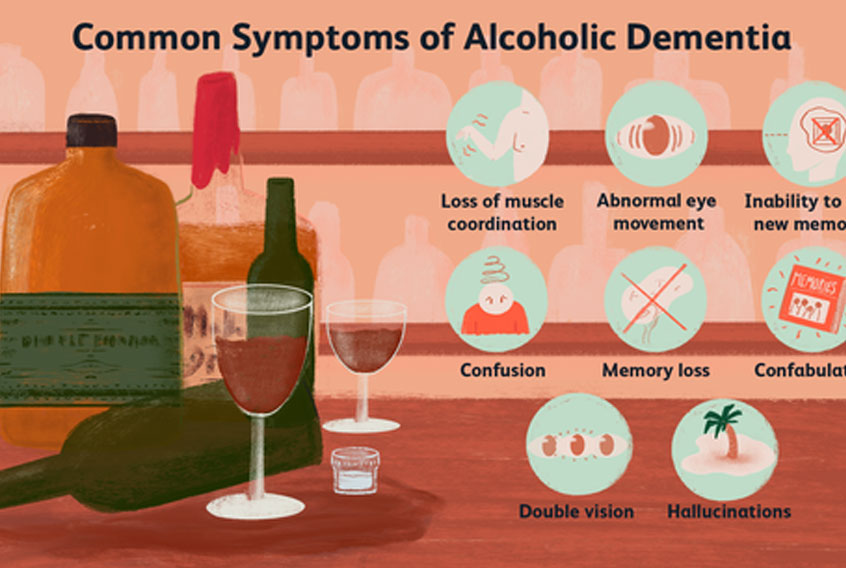

-ce6c3167-7c47-43da-b249-0e752fc16839.png)

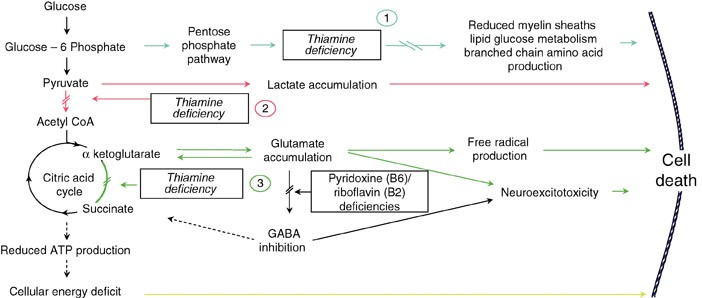



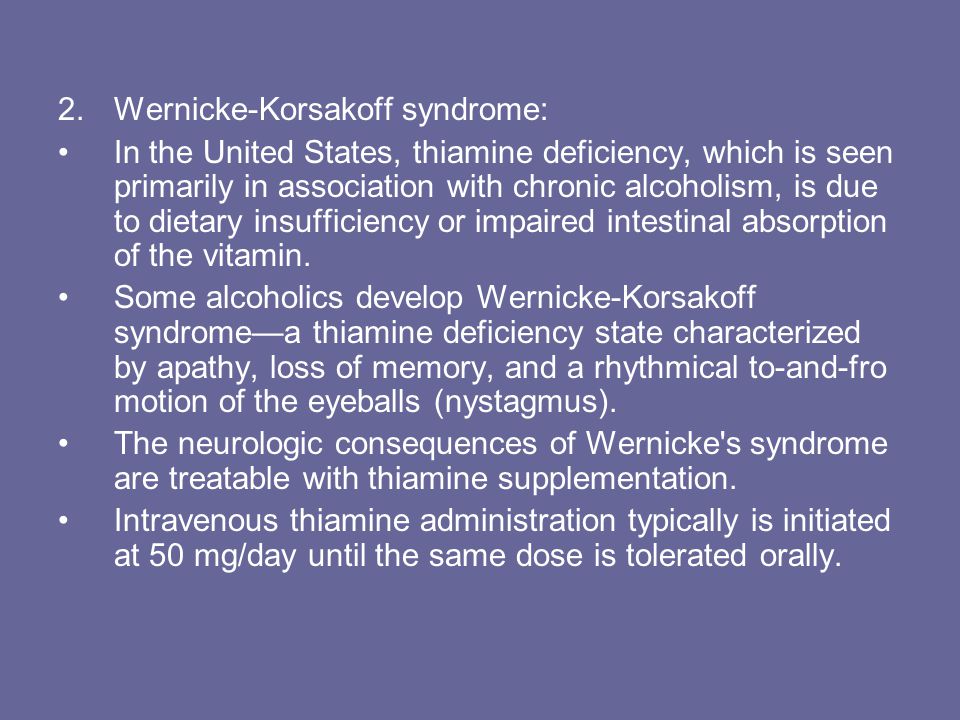



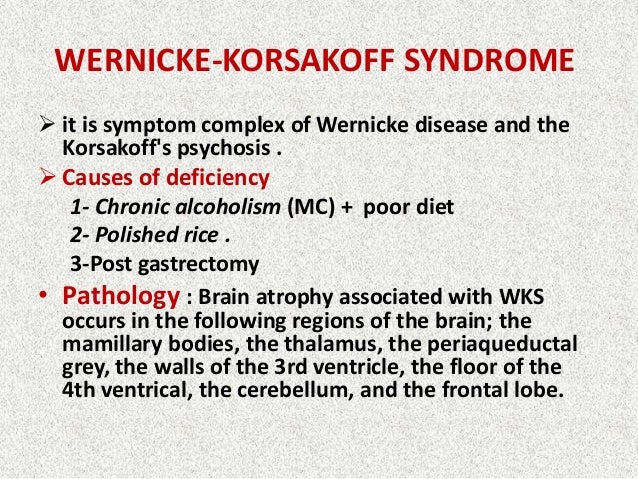
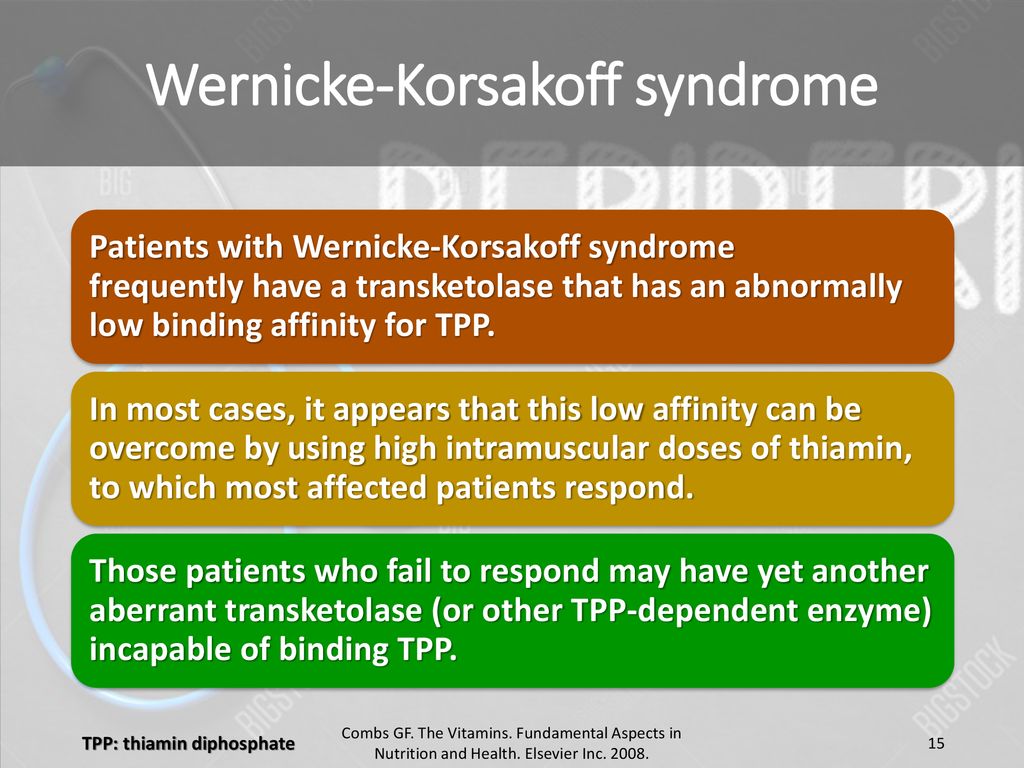


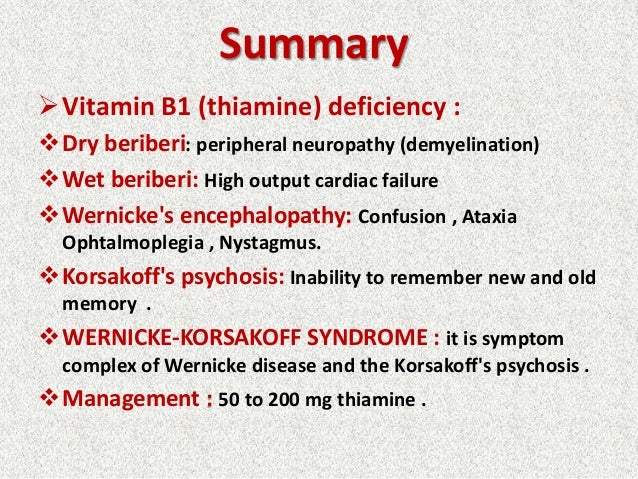
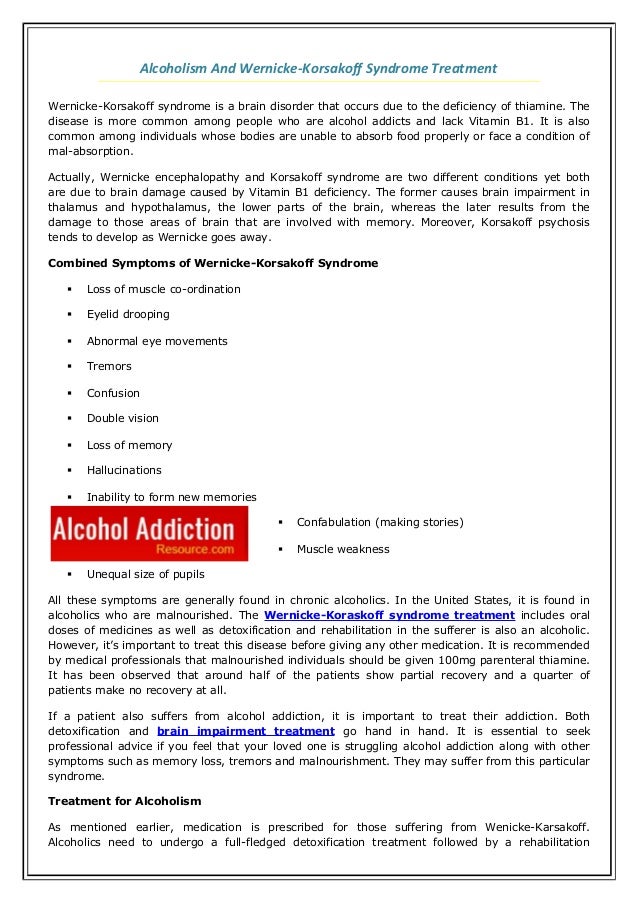







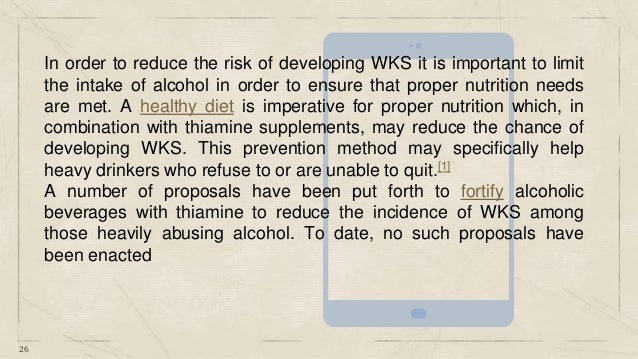





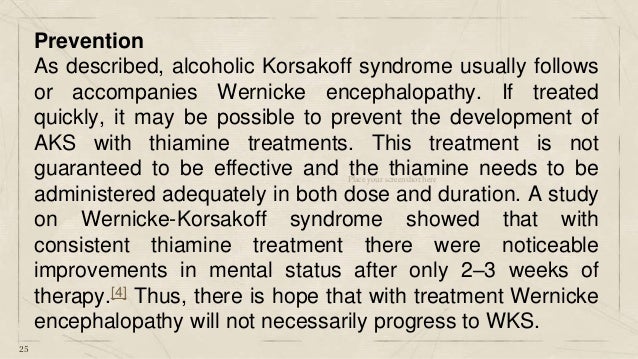

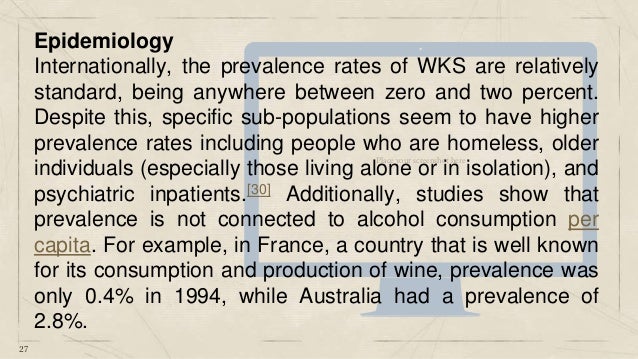

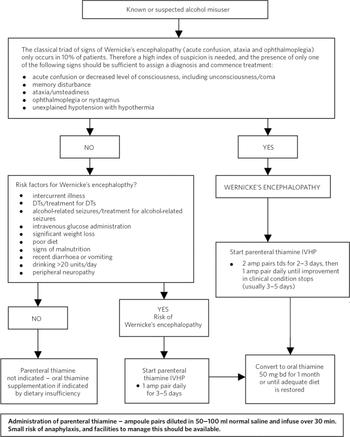
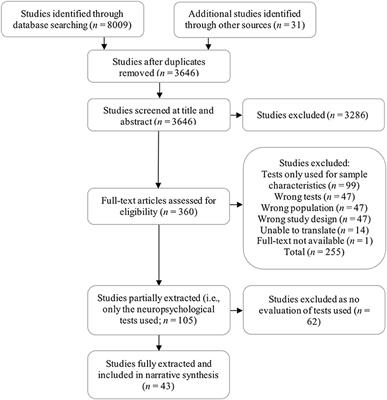
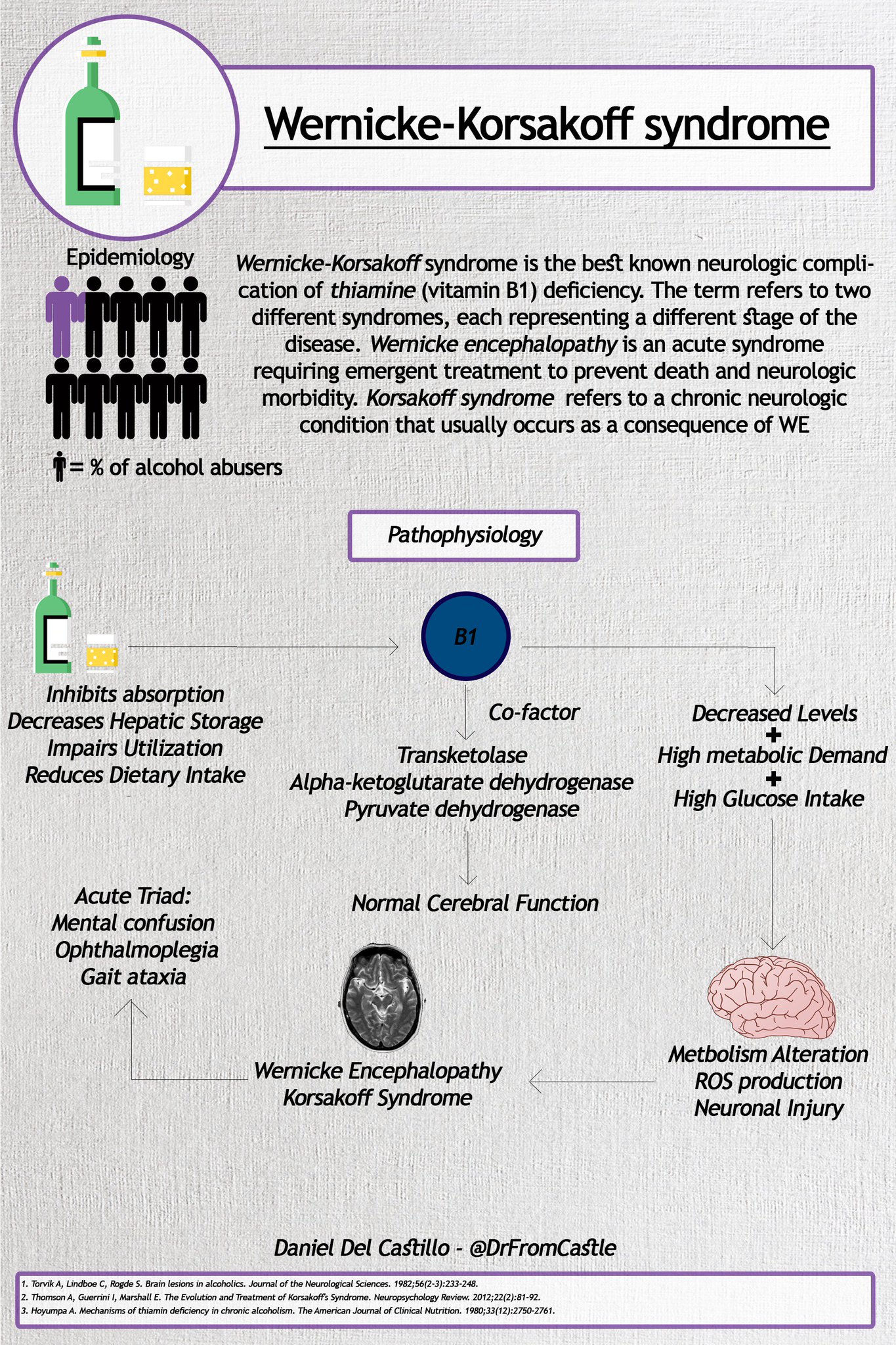
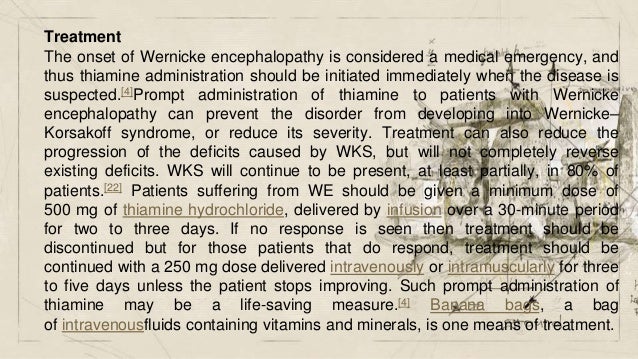
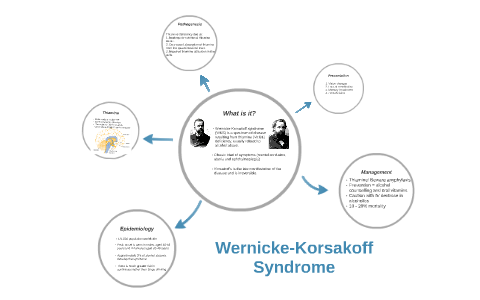




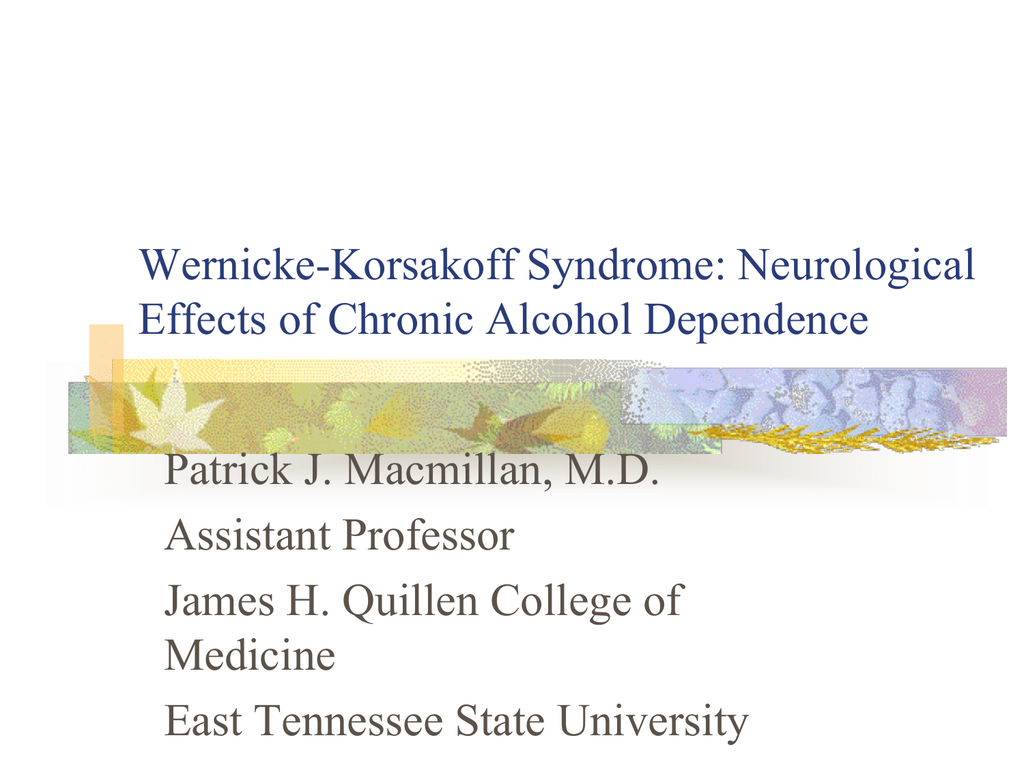

Post a Comment for "Wernicke-korsakoff Syndrome Is Associated With The Decreased Absorption And Utilization Of"